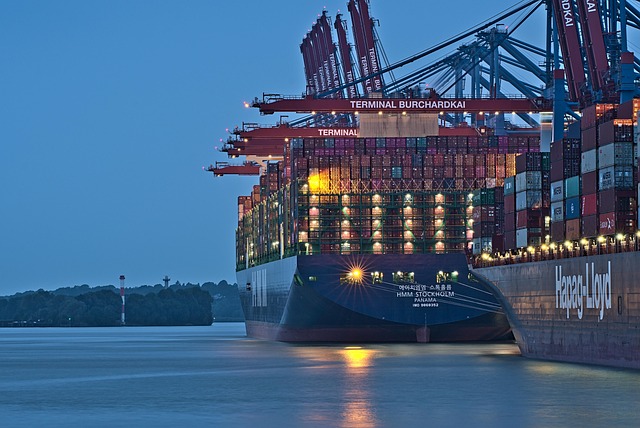India’s expanding contribution to international trade presents hopeful prospects, but also presents complex challenges, especially for small and medium enterprise exporters. As simple as domestic trade may be, export to other countries demands higher levels of compliance, preparedness, and adaptability. For Indian companies considering the expansion of their trade services across the globe, understanding global market dynamics, rules, and global buyer behaviour matters more.
Here are the top five challenges for Indian exporters in global trade and actionable solutions to overcome them.
Export Procedure Knowledge Gap
New exporters may not be well aware of how international trade is undertaken. Unlike domestic trade, which is relatively simple, international export involves regulations, documents, classification systems, and evolving standards which may be difficult to interpret without experience.
Solution:
Formal export-import training investment and extensive market research are necessary. Exporters must know about trade compliance, shipping procedures, customs rules, and payment systems. Advice from experienced people or trade associations can go a long way in eliminating expensive mistakes and boosting confidence when transacting with international partners.
Rigorous Global Competition
Indian exporters have to compete not only with local counterparts but also with manufacturers from nations that tend to provide better prices, quicker production, or subsidies from governments. Such intense international competition makes differentiation or the acquisition of long-term customers harder.
Solution:
In order to differentiate themselves from the rest of the competition, Indian exporters need to offer top-notch product quality, customisation, and direct contact with importers, more so at commercial hubs. In addition, online marketing for brand awareness and proof of the genuineness of products through customer testimonials or certifications can sustain buyer confidence and loyalty.
Complicated Export Documentation
Exporting is document-heavy. From packing lists and commercial invoices to shipping bills and certificates of origin, forgetting even one document can freeze an entire shipment. Inaccuracies or negligence in paperwork not only slow down deliveries but also result in financial losses.
Solution:
Exporters need to create a checklist-based system to ensure proper and full documentation. Hiring trade services or making use of software that partially automates the documentation process can also assist. Frequent audits and cross-verification prior to shipment can avoid unnecessary problems. Being well-organised and meticulous is the secret to effective international export operations.
Regulatory Obstacles and Shifts in Foreign Policy
Constant shifts in government regulations, for instance, abrupt export prohibitions, new licensing, or changed customs procedures, can severely upset export plans. For example, abrupt prohibitions on the international export of grains such as wheat and flour have hit a number of exporters in recent years.
Solution:
To remain competitive, exporters need to be aware of constant policy changes from controlling agencies. Government notifications, trade seminars, and checking data from reliable sources help prevent surprises. Guidance from logistics and legal professionals can even ensure conformity with evolving export-import policies and prevent confiscation of shipments or fines.
Identification and Verification of Overseas Buyers
Finding true, long-term buyers is much harder to do than producing the product itself. Although tools such as B2B portals or social media sites are useful, not all contacts lead to successful trading relationships. A threat of fraud or unverified partners is always present.
Solution:
Exporters must perform thorough background checks on likely buyers, scrutinising business registrations, references, and previous transaction records. Attending international trade fairs and specialised forums is also useful in locating credible buyers. Social media websites or reliable online forums for tradespeople are further options to connect, advertise products, and check leads before finalising deals.
Conclusion
India’s exporters face a list of challenges. However, by preparing well, making informed decisions, and implementing modern trade services, these challenges can be solved effectively. Through increasing the degree of their knowledge base, making their supply chain policies more streamlined, keeping documentations accurate, and using digital solutions to establish visibility, Indian exporters can move ahead confidently in the field of international trade.

0 Comments